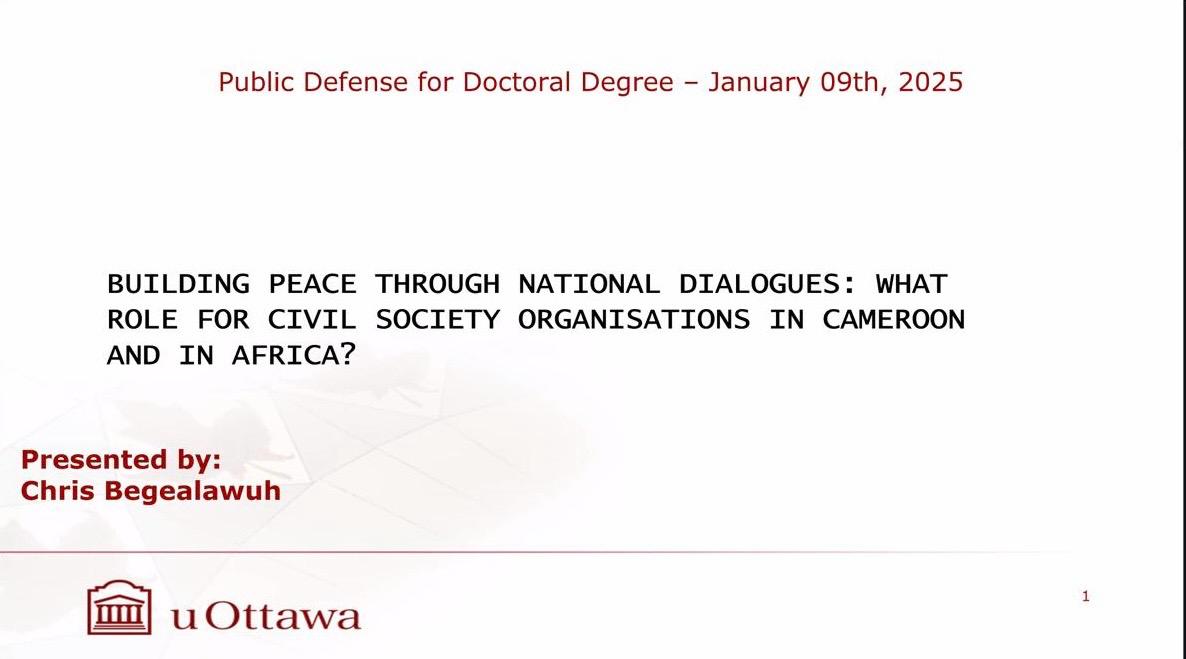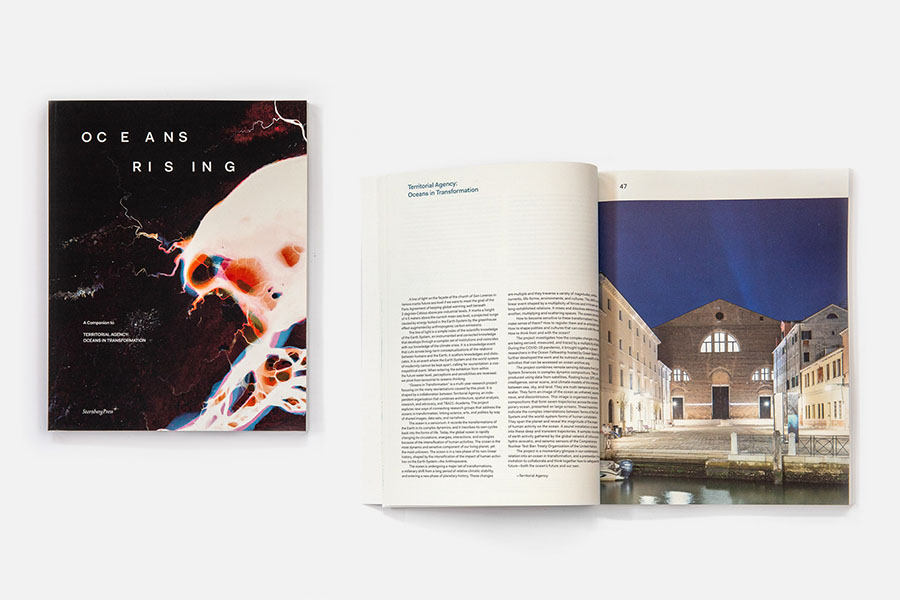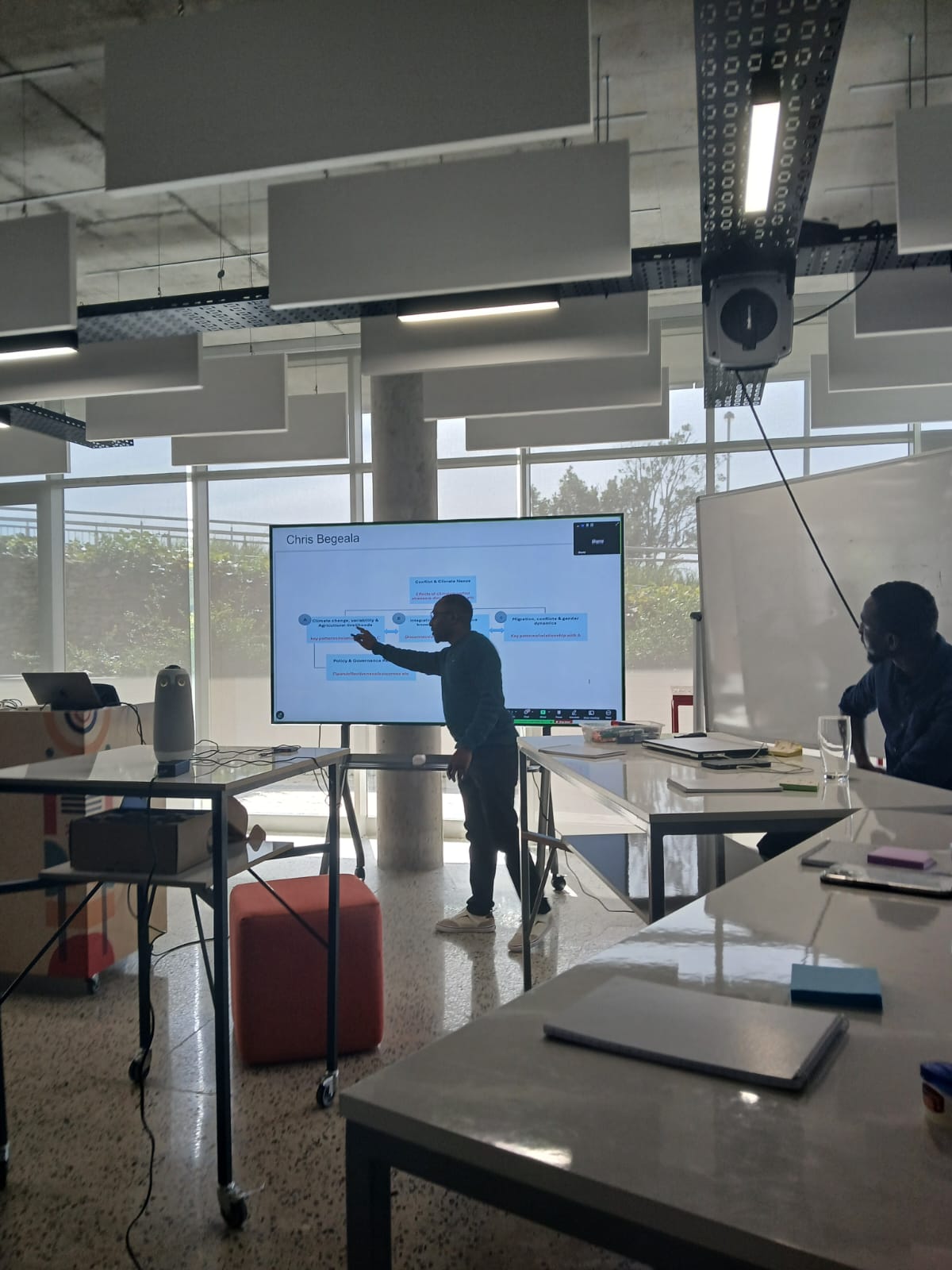Doctoral Research Project
My doctoral research explores how national dialogue processes can serve as effective peacebuilding tools in Cameroon and across Africa, with a particular focus on the role and inclusion of civil society organizations (CSOs). Fieldwork included 78 in-depth interviews with a diverse range of stakeholders, many of them directly involved in or affected by dialogue processes in Cameroon. This research was conducted in Cameroon’s political capital, Yaounde, and in highly insecure areas of Cameroon’s Northwest and Southwest regions, where separatist movements remain active.
The study argues that meaningful engagement of CSOs is critical to ensuring transparency, addressing power asymmetries, and fostering social cohesion in fragile and conflict-affected states. The thesis examines the gendered dynamics of participation in peace processes. Drawing on a gender-sensitive lens, the research highlights the persistent underrepresentation of women in formal national dialogues and the structural and sociopolitical barriers that limit their influence. Despite women’s central roles in informal peace efforts, their contributions are often sidelined or instrumentalized. The study identifies the need for intentional, intersectional strategies to ensure that women are not only included but meaningfully engaged in dialogue design, implementation, and follow-up. Beyond Cameroon, I investigated national dialogues in other African countries to understand why many fall short of their objectives. My findings challenge the widespread assumption that national dialogues are inherently inclusive and effective. Instead, I raise critical questions about whether these processes are often used to buy time or maintain elite control, rather than to advance transformative peace. I argue that without genuine inclusion, particularly of women and civil society, dialogues risk reinforcing existing hierarchies rather than dismantling them.
The research also considers emerging dynamics introduced by the rise of social media and the political consciousness of the so-called Gen Zs. These forces are transforming the landscape of dialogue processes by shrinking the space for state manipulation and increasing the visibility of exclusion and injustice. While digital platforms present new opportunities for inclusive participation, they also bring new vulnerabilities, including the rapid spread of misinformation (by both state and non-state actors) and online incitement. Overall, the thesis contributes to scholarship and practice on peacebuilding, inclusion, and civil society engagement in Africa. It offers critical insights into how national dialogues can be reimagined to be more inclusive, gender-sensitive, and responsive to local realities.


